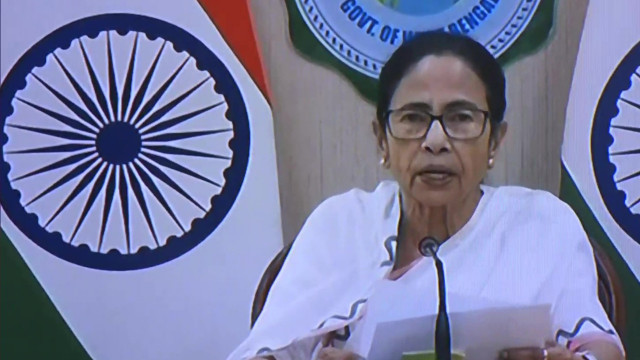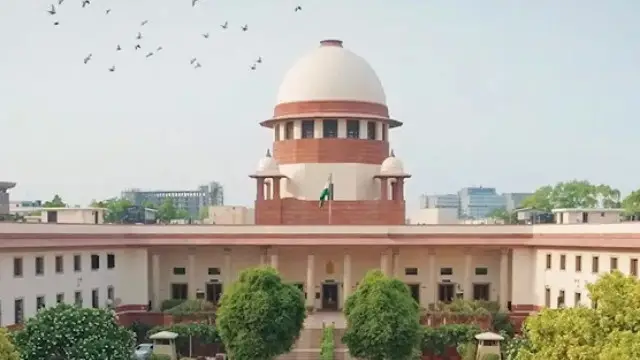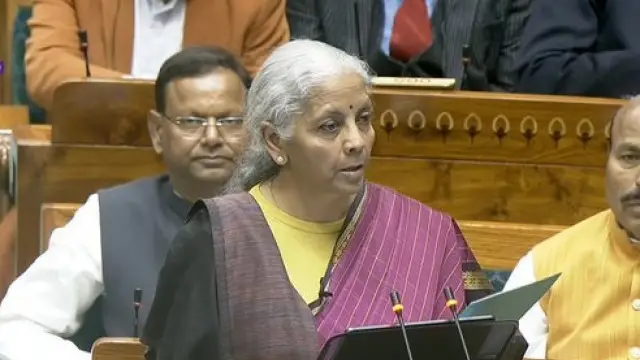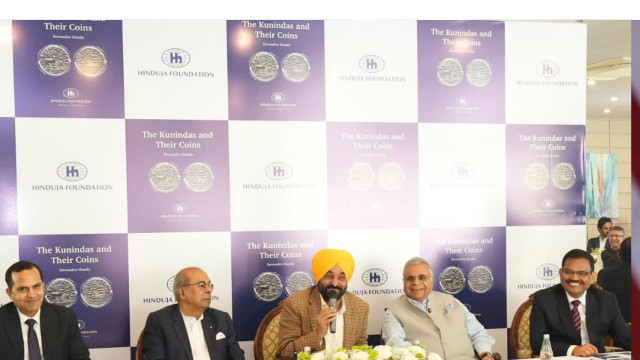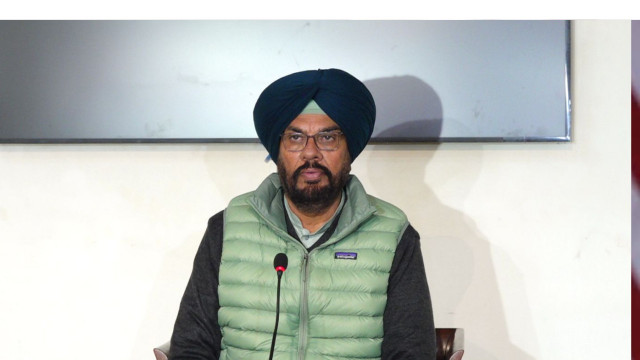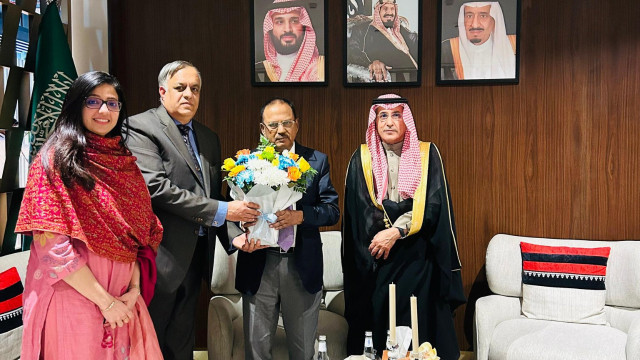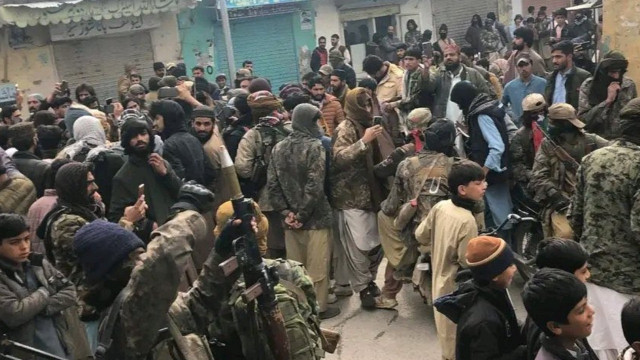BR Gavai Takes Oath as 52nd Chief Justice, Celebrated for Halting Illegal Bulldozer Actions
Justice Bhushan Ramkrishna Gavai was sworn in as the 52nd Chief Justice of India by President Droupadi Murmu at Rashtrapati Bhavan, marking a historic moment as the first Buddhist and second Dalit CJI.

A Historic Swearing-In Ceremony
Justice Bhushan Ramkrishna Gavai was sworn in as the 52nd Chief Justice of India (CJI) by President Droupadi Murmu at Rashtrapati Bhavan, marking a milestone as the first Buddhist and second Dalit CJI. The ceremony, attended by Prime Minister Narendra Modi, Vice President Jagdeep Dhankhar, and former CJI Sanjiv Khanna, highlighted Gavai’s ascent to the nation’s highest judicial post. His six-month tenure, set to conclude on November 23, 2025, is anticipated to prioritize case pendency and constitutional integrity.
Landmark Ruling on Bulldozer Actions
Justice Gavai is widely celebrated for his pivotal role in curbing illegal bulldozer demolitions, a practice he condemned as “lawlessness” akin to “might is right.” In a landmark 2024 ruling, his bench established pan-India guidelines prohibiting state authorities from demolishing properties of accused or convicted individuals without due process. This decision, protecting fundamental rights, resonated across the nation, earning praise for upholding the rule of law and ensuring fairness in state actions.
A Diverse Judicial Legacy
Elevated to the Supreme Court in May 2019, Gavai has authored over 300 judgments, spanning constitutional, criminal, and administrative law. His notable rulings include granting bail to Manish Sisodia in the Delhi liquor scam case and staying Rahul Gandhi’s conviction in the ‘Modi Surname’ defamation case, enabling his 2024 Lok Sabha candidacy. Gavai’s bench also upheld sub-classification within Scheduled Castes for equitable reservation benefits, reinforcing social justice. His commitment to diversity and inclusivity strengthens his judicial legacy.
Challenges and Vision Ahead
As CJI, Gavai faces pressing challenges, including addressing case pendency and judicial vacancies. In a recent interview, he emphasized streamlining case listings and promoting women judges to enhance judicial efficiency. Amid India-Pakistan tensions following the April 22 Pahalgam attack, Gavai stressed the judiciary’s role in safeguarding constitutional values during national crises. His leadership is expected to balance judicial independence with public trust, shaping a transformative tenure.




